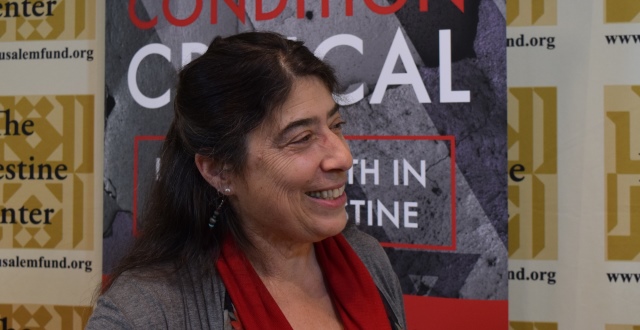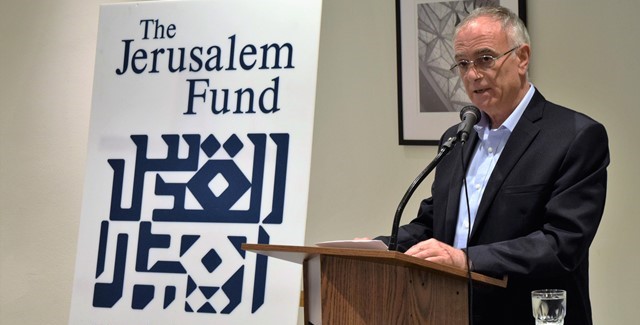Book Talk: “Condition Critical: Life and Death in Israel/Palestine”
Condition Critical presents key blog posts and analytical essays that explore everyday life in Israel, East Jerusalem, the West Bank, and Gaza up close. All these stories depict the critical conditions of the decades-old wounds of colonization and occupation in which the Palestinian people live.





